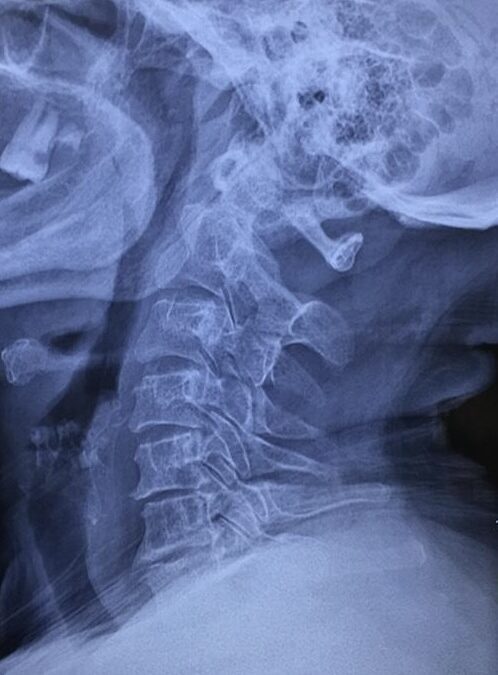The study explored the effectiveness and safety of auricular vagus nerve stimulation (VNS) in treating rheumatoid arthritis (RA). Earlier small or uncontrolled studies suggested VNS could reduce RA symptoms. In this larger, controlled trial, participants with active RA, who had not responded well to conventional treatments but had not tried advanced drugs, were given ear-based VNS devices. They were randomly assigned to either actual VNS or a placebo (sham) treatment.
After 12 weeks, the improvement in RA symptoms was measured using the American College of Rheumatology’s criteria (ACR20) and changes in the disease activity score (DAS28-CRP) and Health Assessment Questionnaire-Disability Index (HAQ-DI). The results showed no significant difference between the active VNS group and the sham group in terms of symptom improvement. Although there was a small improvement in disability scores in the active VNS group, overall, the VNS did not lead to a meaningful decrease in RA disease activity.Regarding safety, a similar number of patients in both groups reported side effects, none of which were severe or life-threatening.
The study concluded that while ear-based VNS is safe and well-tolerated, it did not significantly help in reducing RA symptoms. The researchers suggested that more extensive and controlled studies are needed to fully understand VNS’s potential in RA treatment.

